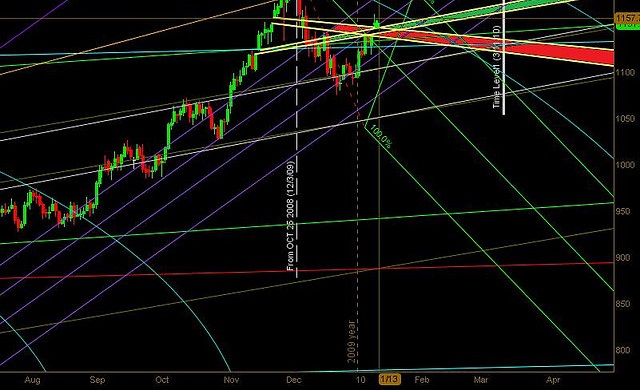Global recovery is uneven but gradual.

The global economy is moving forward, but divergence between countries and regions reflects the uneven progress made toward recovery from the economic crisis, according to the OECD’s latest Economic Outlook. Historically high unemployment remains the most serious challenge facing governments.
World real gross domestic product (GDP) is projected to increase by 3.1% this year and by 4% in 2014. Across OECD countries, GDP is projected to rise by 1.2% this year and by 2.3% in 2014, while growth in non-OECD countries will rise by 5.5% this year and 6.2% in 2014.
In the US, activity is projected to rise by 1.9% this year and by a further 2.8% in 2014. GDP in the euro area is expected to decline by 0.6% this year and then rebound by 1.1% in 2014, while in Japan GDP is expected to grow by 1.6% in 2013 and 1.4% in 2014.
“The global economy is strengthening gradually, but the upturn remains weak and uneven,” said OECD Secretary-General Angel Gurría. “Supportive monetary policies, improving financial market conditions and a gradual restoration of confidence are at the root of the recovery. Also, the fiscal adjustment of the last few years is beginning to pay off. Several countries are close to stabilising their government debt-to-GDP ratios and ensuring a gradual decline in indebtedness over the longer term,” Mr Gurría said.
Downside risks to the outlook have narrowed, but are still large. Adverse interactions between weakly capitalised banks, government finances and the real economy remain a significant risk in the euro area. Fiscal concerns remain in the United States and Japan in the absence of credible medium-term consolidation plans. Future withdrawal of exceptional monetary policy measures could lead to instability in financial markets. There is a risk that potential growth rates may be lower than currently estimated following the global economic crisis.
According to the OECD Economic Outlook, government policy should focus on measures to enhance growth, make public finances more sustainable and growth-friendly and implement structural reforms to boost investment and create jobs, the OECD said. In Europe, bolder measures to solve the financial and banking crisis once and for all are needed to ensure a faster, stronger and more sustainable recovery. Construction of a full-fledged banking union needs to be speeded up.
The OECD warns governments that urgent action must be taken to reduce unemployment, which has risen to dangerous levels in many countries. Jobs are being created in some parts of the OECD, but more must be done. While labour markets are set to firm gradually in the United States and Japan over the coming two years, unemployment is likely to continue to rise further in the euro area, stabilising above 12% only in 2014.
Youth unemployment needs to be tackled and policies adapted to make sure that cyclical unemployment does not become structural, the report said. Similarly, wider product market reforms – particularly in the retail trade and professional services sectors – offer the best potential for creating jobs.

 Hot Features
Hot Features













